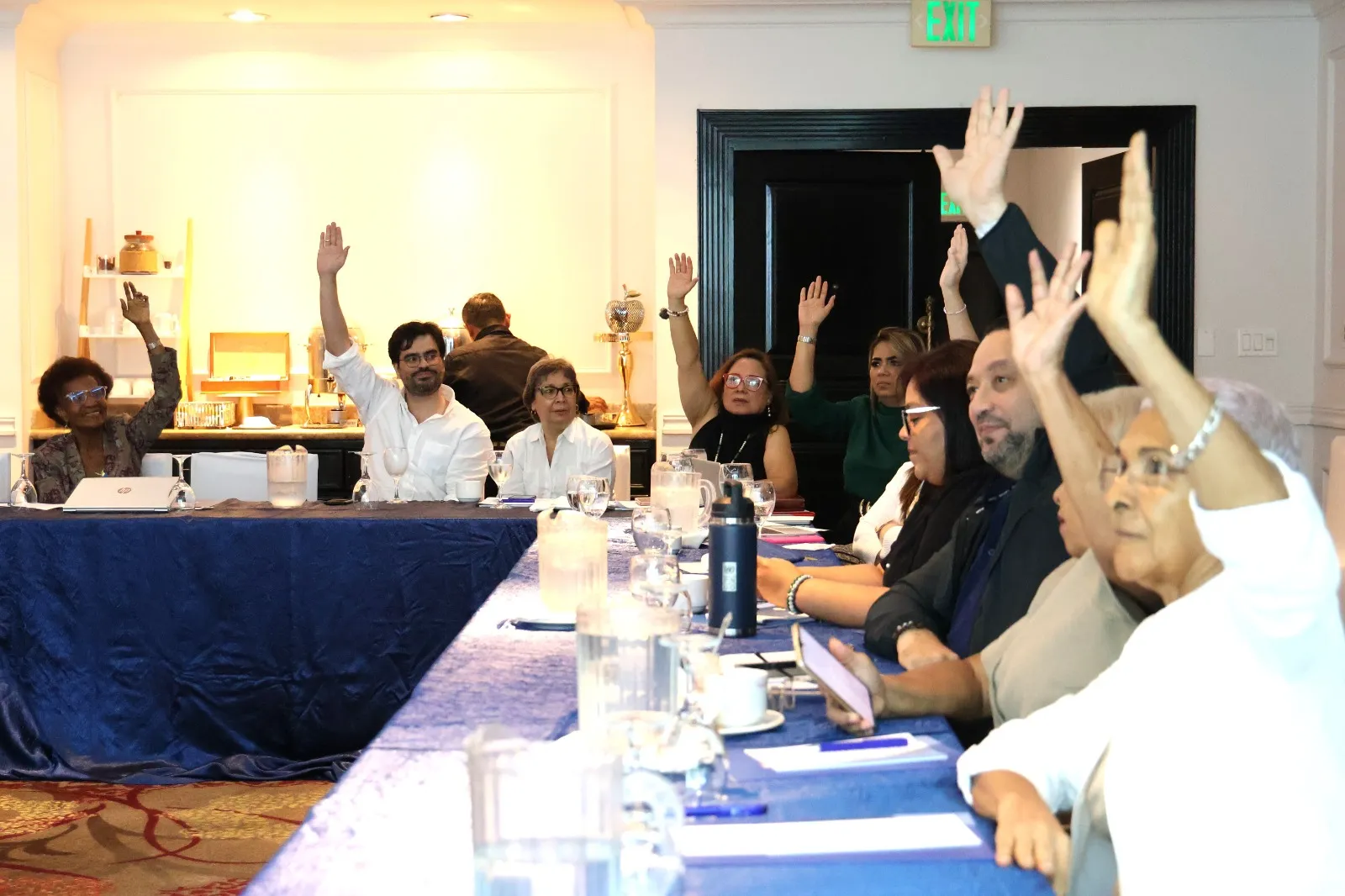Promoting agreements to improve gender parity in Panama

Civil society organizations agreed to launch a campaign, approving a common slogan and statement aimed at eliminating Article 373 of the Electoral Code, also known as the “escape clause.” This article currently allows political parties to not comply with the principle of parity in nominations. In this situation, Panama has the lowest parity results in the region.
During the event, technical and political arguments were shared that support the urgent need to close this “exception” loophole, which weakens progress in equitable representation between women and men. Evidence was also presented that there are indeed “women” in political parties. The collective strength represented by this diverse group of leaders was recognized as they joined forces in a common cause.
Alicia del Águila, manager of International IDEA's Panama Program, stated during her speech that the country faces an apparent paradox. Despite having a parity law, the percentage of women elected to public office is well below the regional average, including countries that do not have parity laws.
The meeting featured contributions from Adolfo Campos, Political Advisor to the European Union Delegation. Some of the groups that participated in the debate were: the Foundation for the Development of Citizen Freedom, the General Autonomous Workers' Union of Panama (CGTP), the International Center for Political and Social Studies, AIP (CIEPS), EIS, the National Forum of Women in Political Parties (FONAMUPP), Initiative for Parity, Women's Institute of the University of Panama, Funda Género, Association of Women Parliamentarians and Former Parliamentarians of Panama, National Confederation of Independent Trade Union Unity, La Perseverancia Association, Panama Académico, Ngäbe Buglé Women's Forum, and the Women in Positive Foundation. Representatives from the Electoral Tribunal of Panama, the Electoral Prosecutor's Office, and the United Nations Development Programme (UNDP) participated as guests.
The participants expressed their willingness to play an active role in this campaign, understanding that eliminating the “escape clause” is not only a demand of women, but also a firm step toward a more just, modern, and representative democracy.




